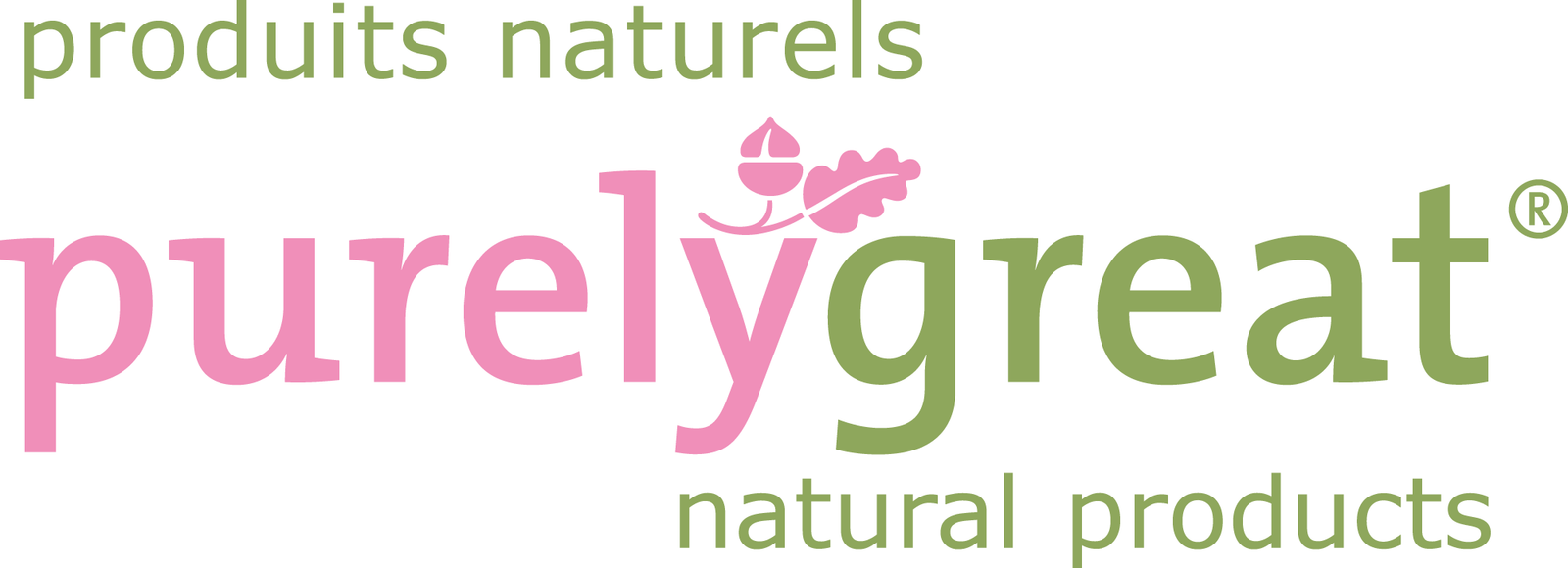
After testing 108 batches of antiperspirant and deodorant products from 30 different brands, the independent pharmacy Valisure found benzene in popular deodorant brands and in over half of the samples it analyzed. Due to its status as a known carcinogen linked to debilitating afflictions (lymphoma, myeloma, leukemia), benzene isn't allowed in personal hygiene products.
As a point of reference, the maximum safety exposure level for individuals regularly working with benzene ranges from 0.01 to 1.0 parts per million. Out of the 59 contaminated batches of deodorants and antiperspirants:
- 24 products registered high concentrations between 2.24 ppm – 17.7 ppm
- 14 products registered median concentrations between 0.20 ppm – 1.89 ppm
- 21 products registered detectable traces of benzene
However, benzene isn't one of the ingredients used to manufacture deodorants. Its presence is most probably the byproduct of petroleum-based propellants used in aerosol sprays, like butane, isobutane, and propane. Earlier in 2021, Valisure also uncovered benzene contamination in hand sanitizers and sunscreens.
Even more chemical concerns
Although benzene is a serious health hazard in and of its own, people that depend on deodorants and antiperspirants to stay fresh and dry have to contend with even more questionable substances regularly used in conventional product formulations, such as:
- Parabens
- Fragrances
- Phthalates
- Aluminum
- Triclosan
- Propylene Glycol
Over the years, health experts have pointed out that exposure to these chemicals is associated with a slew of adverse effects and potentially fatal conditions, including several forms of cancer, hormone disruption, neurotoxicity, organ damage, and reproductive and congenital issues.
Selecting suitable substitutes
With so many chemical hazards easily found on shelves across the US, it's unsurprising that health-conscious consumers have been increasingly looking for alternatives that won't harm them in the long run. Fortunately, a few simple approaches can help anyone choose adequate non-toxic options that best suit their needs.
- Staying informed
For any consumer, reading labels is the most basic manner to check if products contain harmful chemicals. While prudent and universally recommended, manufacturers may not always list their ingredients using conventional names and may not clearly indicate their percentages. Additionally, benzene and other unintended contaminants wouldn't be listed.
- Homemade solutions
Baking soda and corn (maize) starch are readily available ingredients in many kitchens that can prove efficient DIY solutions to absorb perspiration and ward off bad BO. Baking soda (sodium bicarbonate) is known for its antibacterial properties, but its higher alkalinity can be problematic for more sensitive skin. On the other hand, cornstarch is friendlier with sensitive skin and is used to treat irritations and sunburns, with its A, B1, and B2 vitamin contents also helping keep the underarms dry and clean.
- Alum stone
Derived from potassium alum, a natural mineral salt, alum stone has been used for centuries due to its antiseptic and antibacterial properties. Unlike conventional deodorants that rely on artificial fragrances to mask foul smells, alum stone actively combats odor-producing bacteria. Alum stone should be applied right after a shower on the clean underarm area while the skin is still moist.
PurelyGreat Joins the Benzene Deodorant Replacement Campaign
Given that toxic chemicals lie at the heart of most consumers' concerns, an excellent way to ensure that deodorants are free of any dubious contents is to choose products from ethical manufacturers that use best-standard practices and carefully-sourced natural ingredients.
PurelyGreat provides natural stick and cream deodorants whose formulations contain gluten-free, vegan, and all-natural ingredients such as coconut oil, baking soda, non-GMO cornstarch, activated charcoal, candelilla wax, and vegetable-derived emulsifiers. Instead of artificial fragrances commonly found in conventional deodorants, PurelyGreat uses a varied range of essential oils to provide a feeling of freshness, including (but not limited to) lavender, patchouli, tea tree, cypress, geranium, orange, lime, grapefruit, and coriander.
Consumers seeking toxic-free alternatives can also request PurelyGreat products through the Benzene Deodorant Replacement Initiative, a campaign launched by Environmental Litigation Group, PC. The initiative offers non-toxic deodorants sourced from ethically-conscious manufacturers that don't include any dubious chemicals.
To receive a free package, interested individuals only have to fill out the form provided in the link above.
